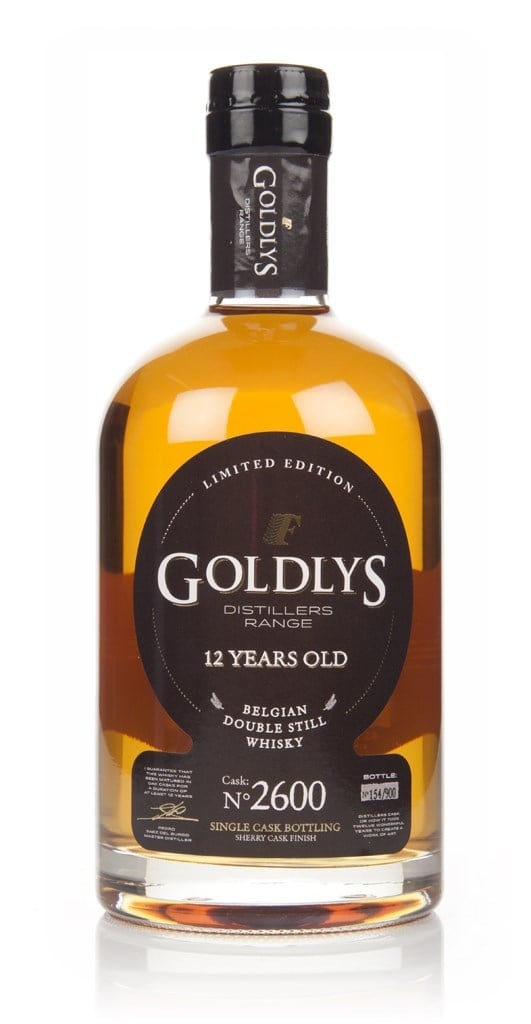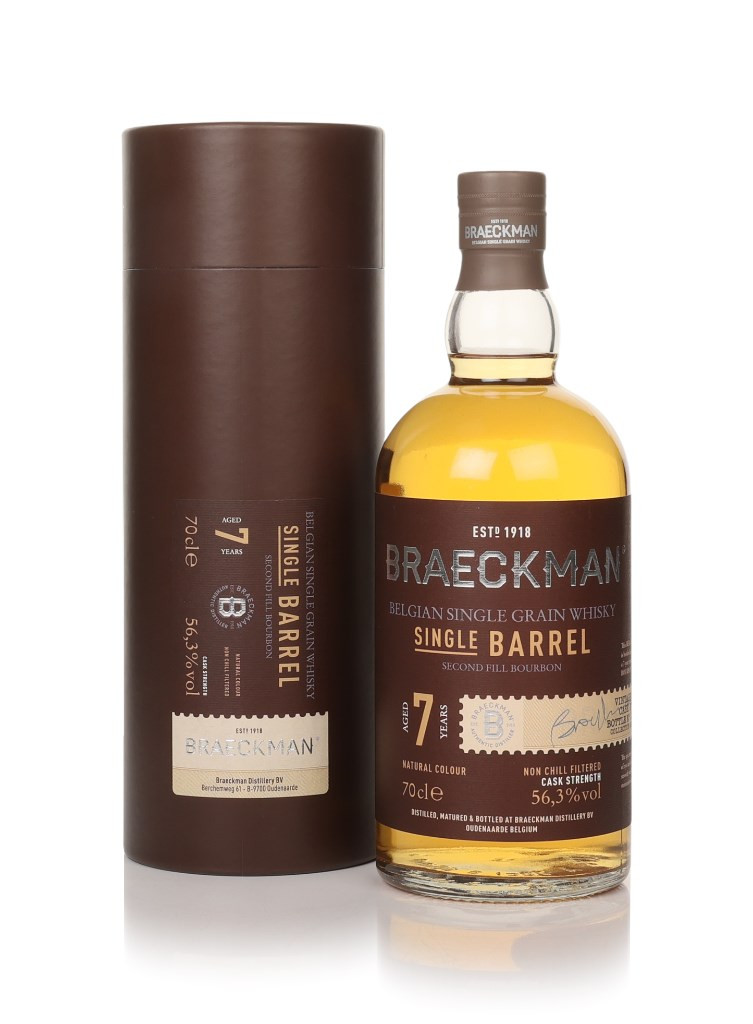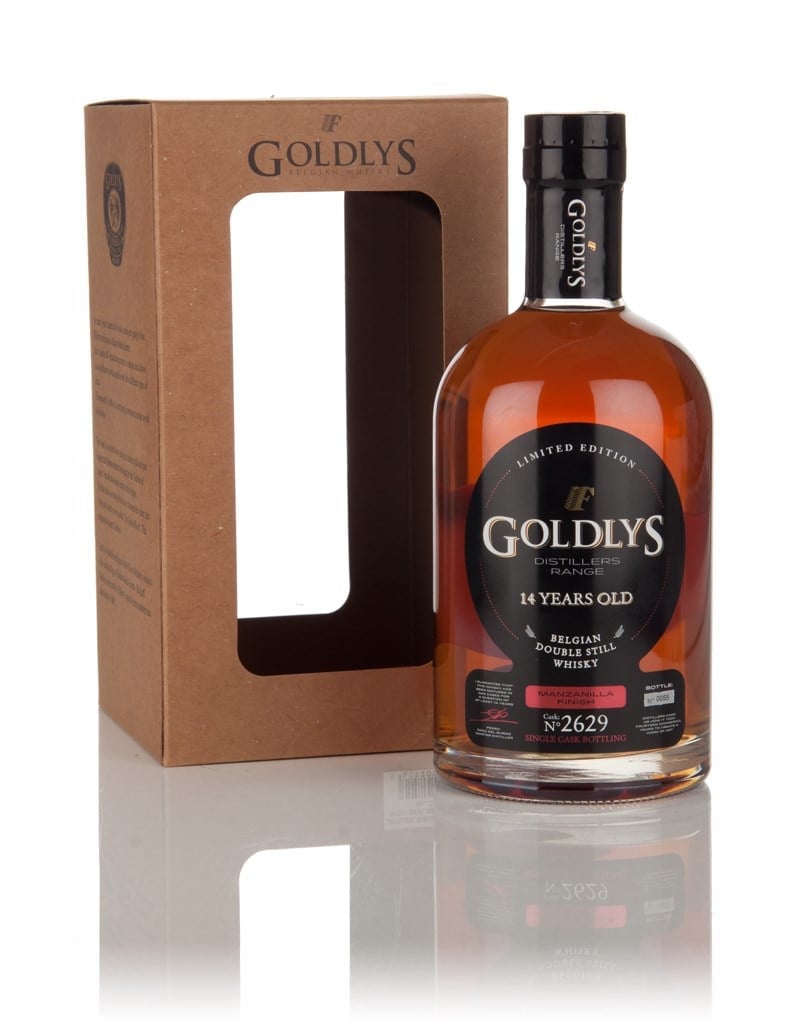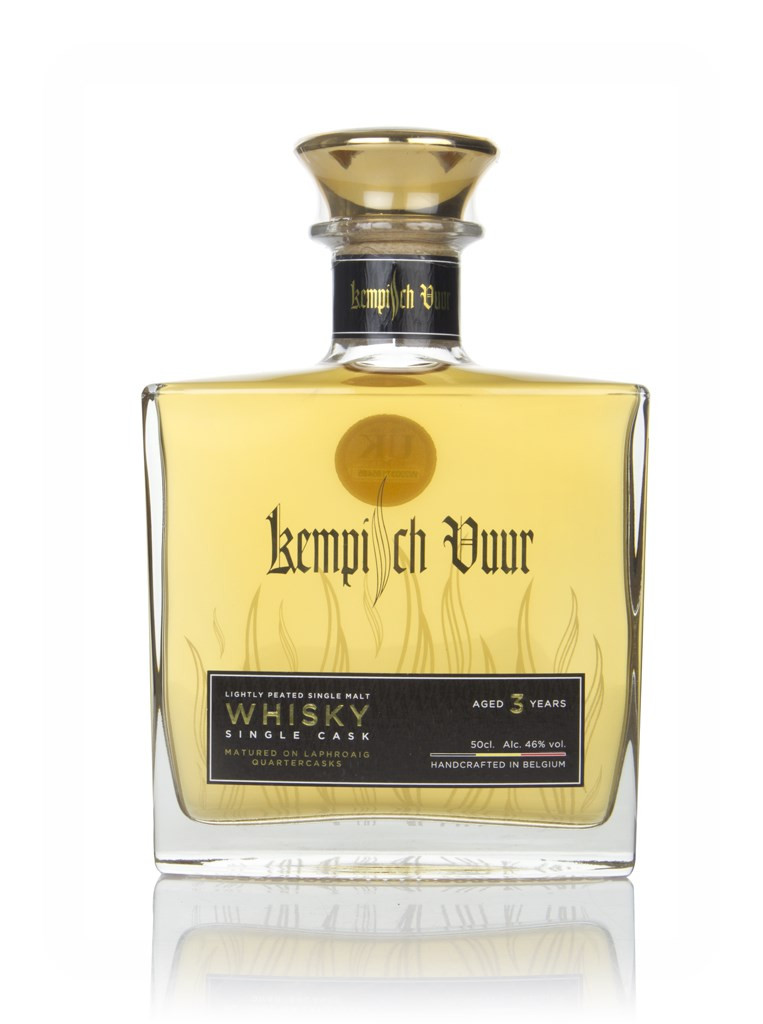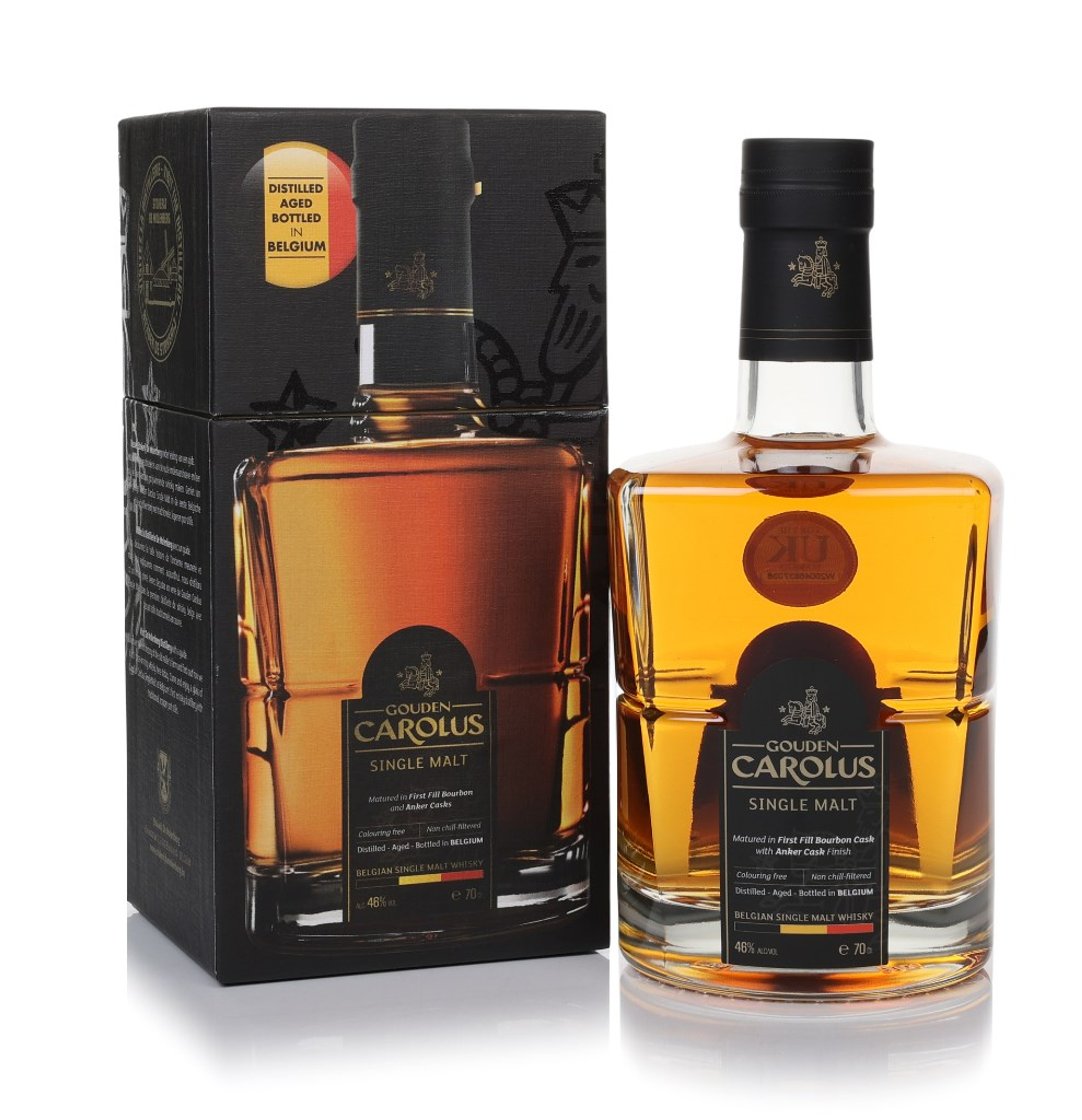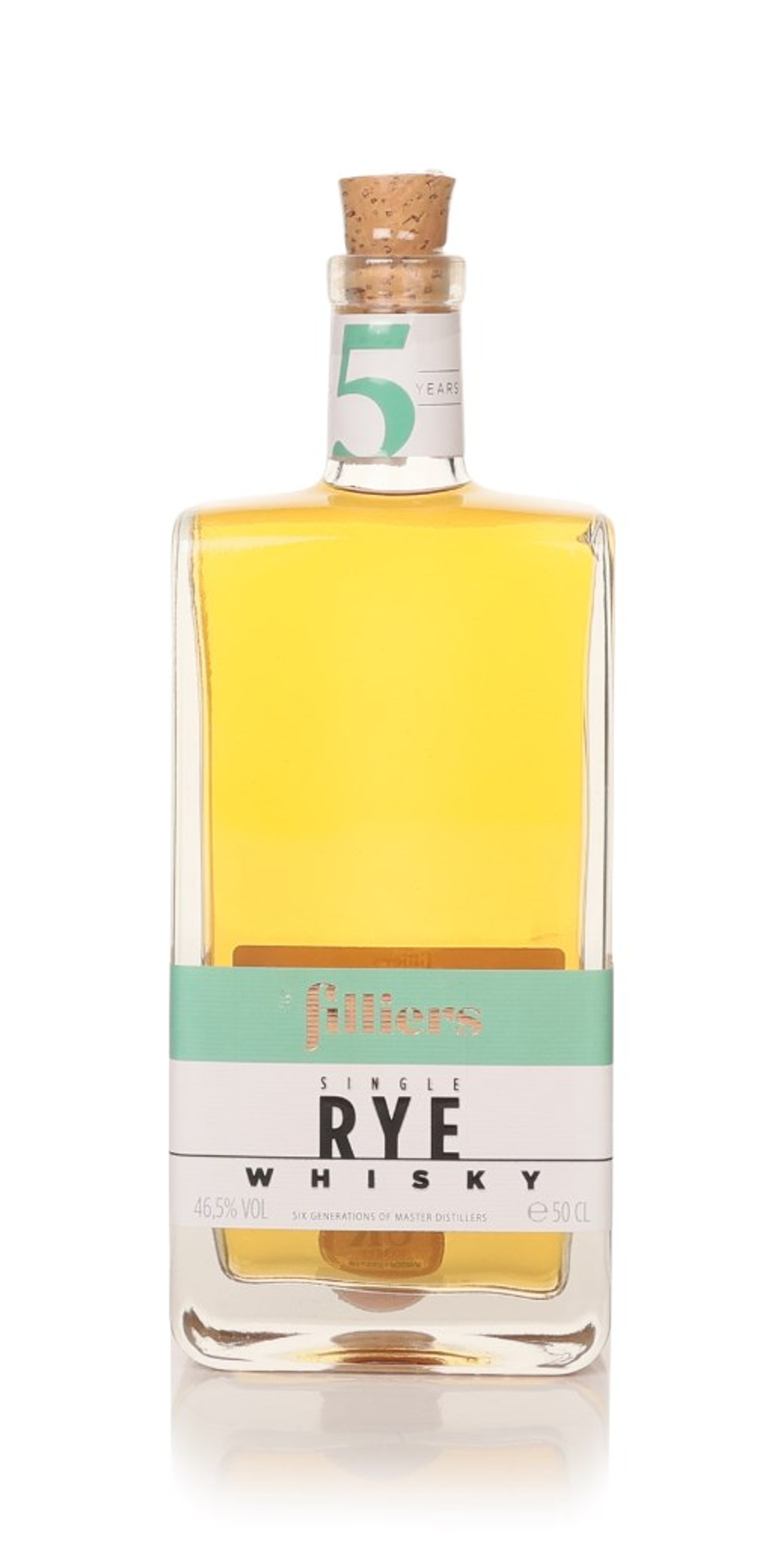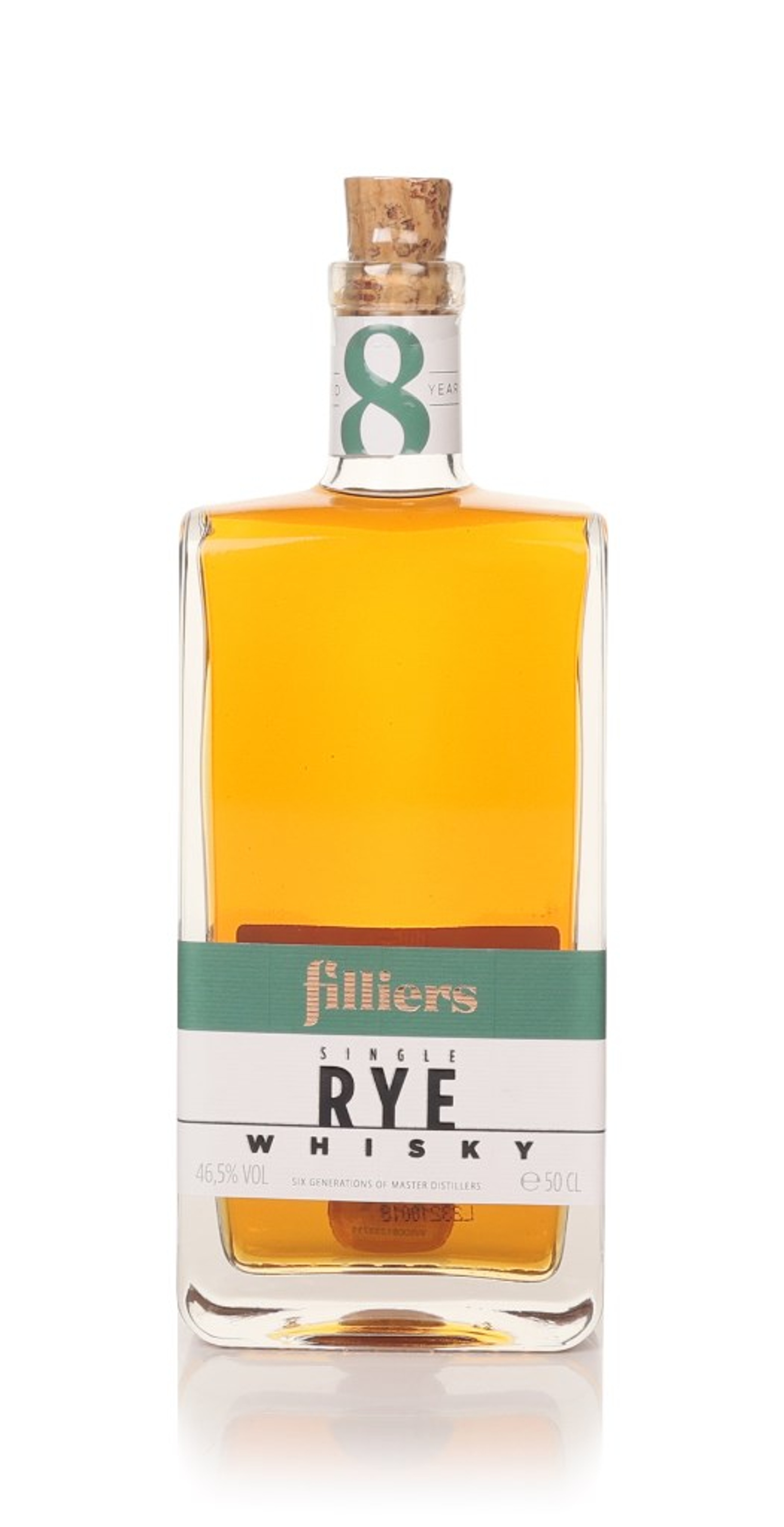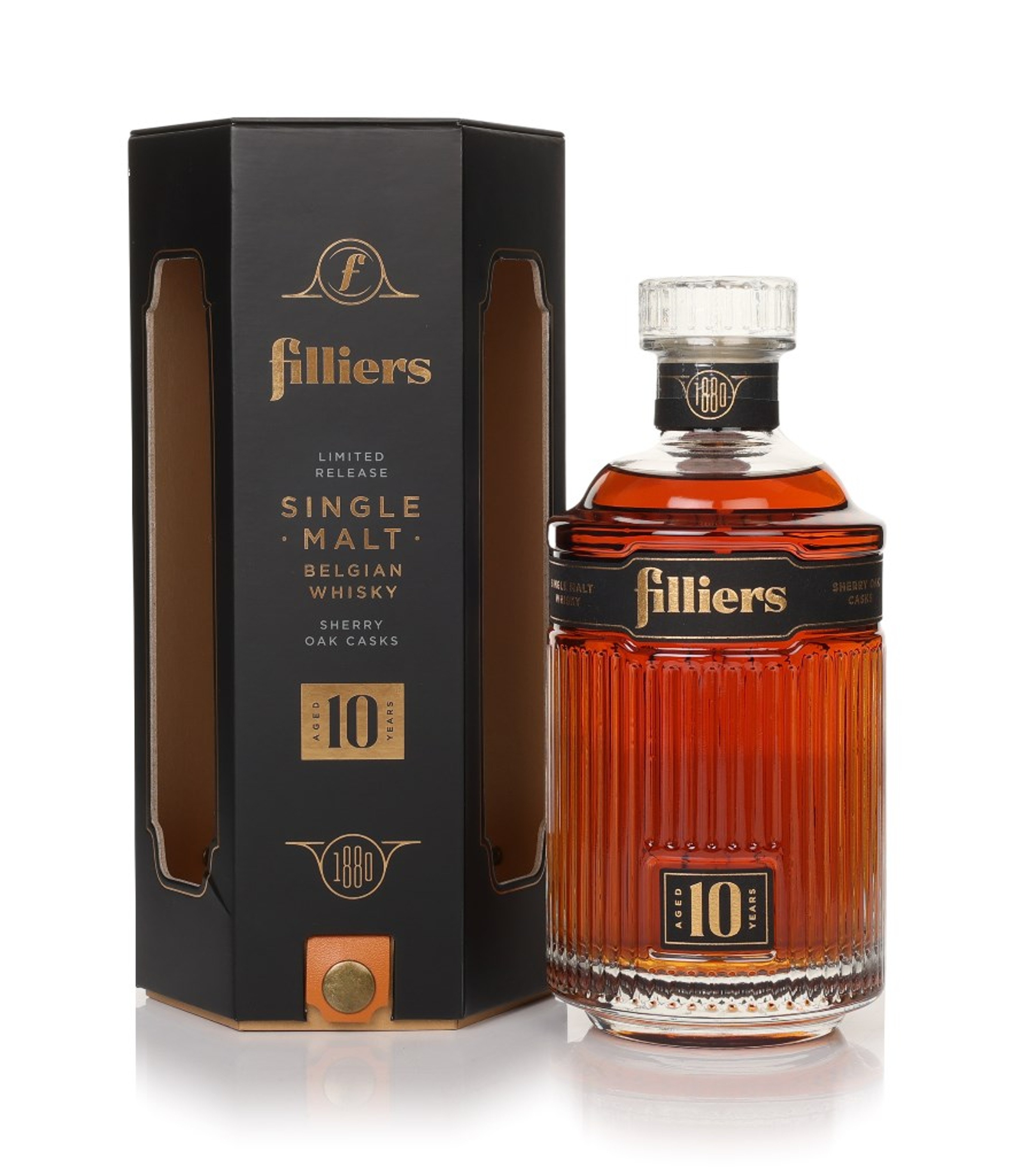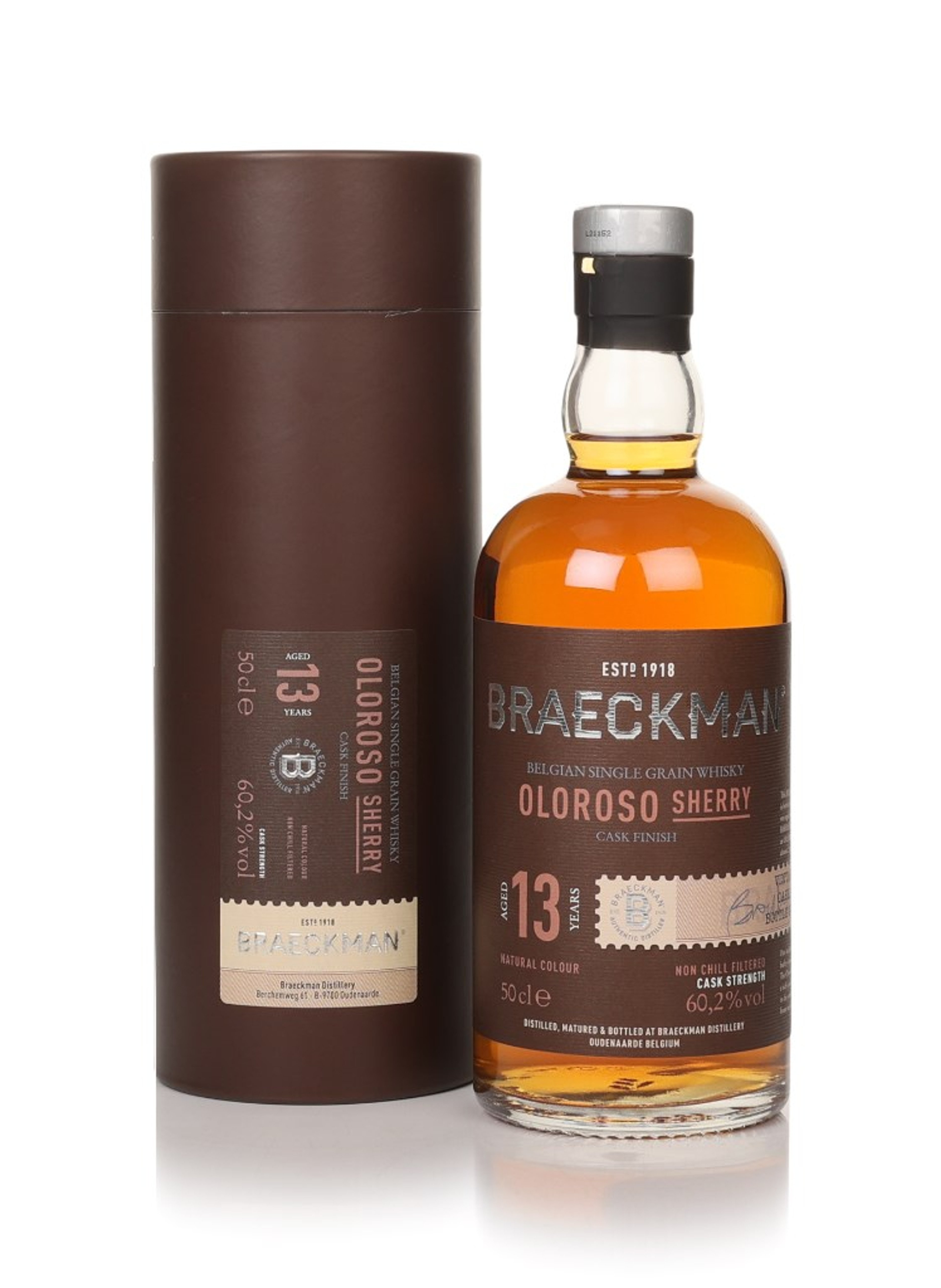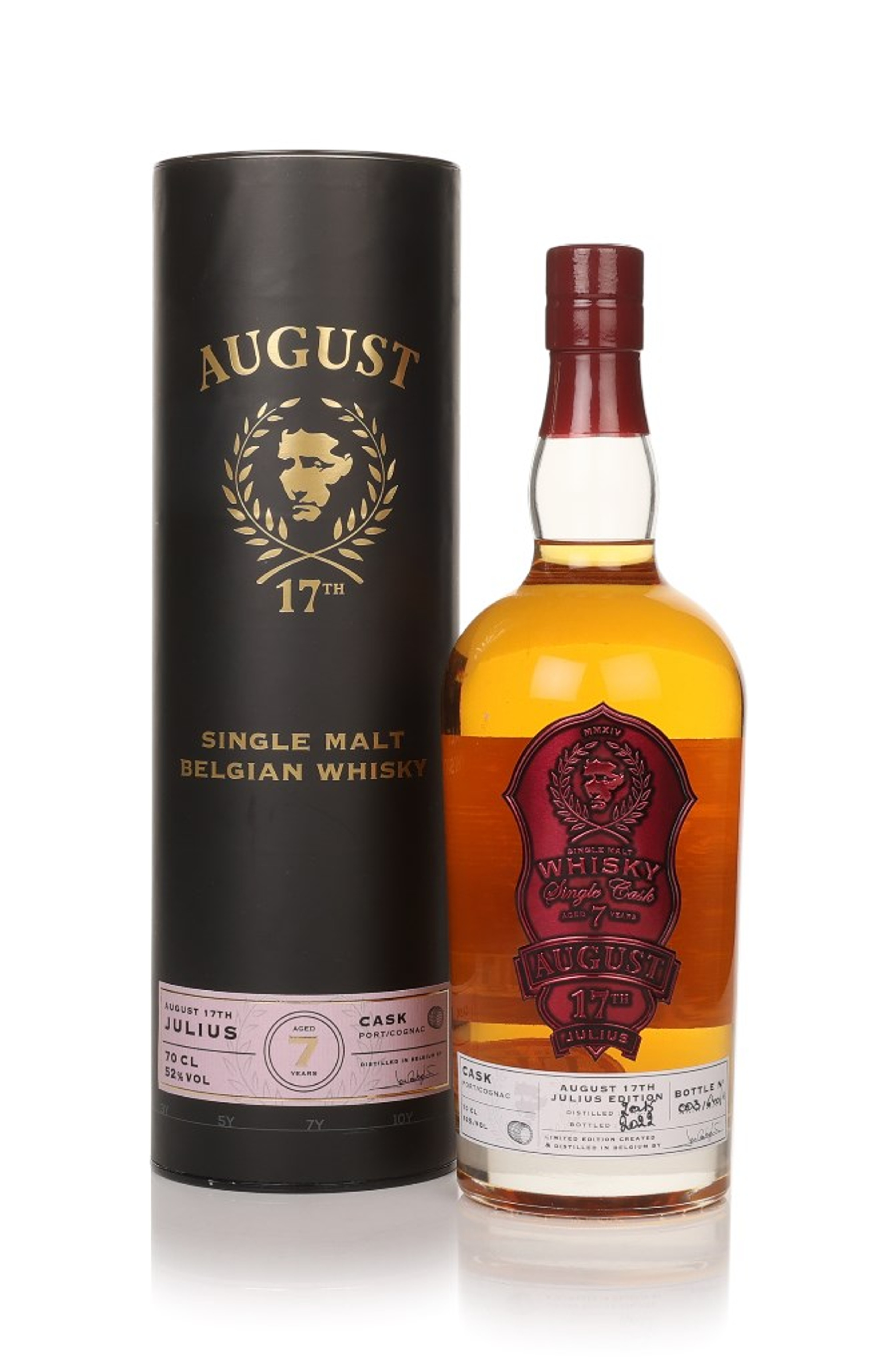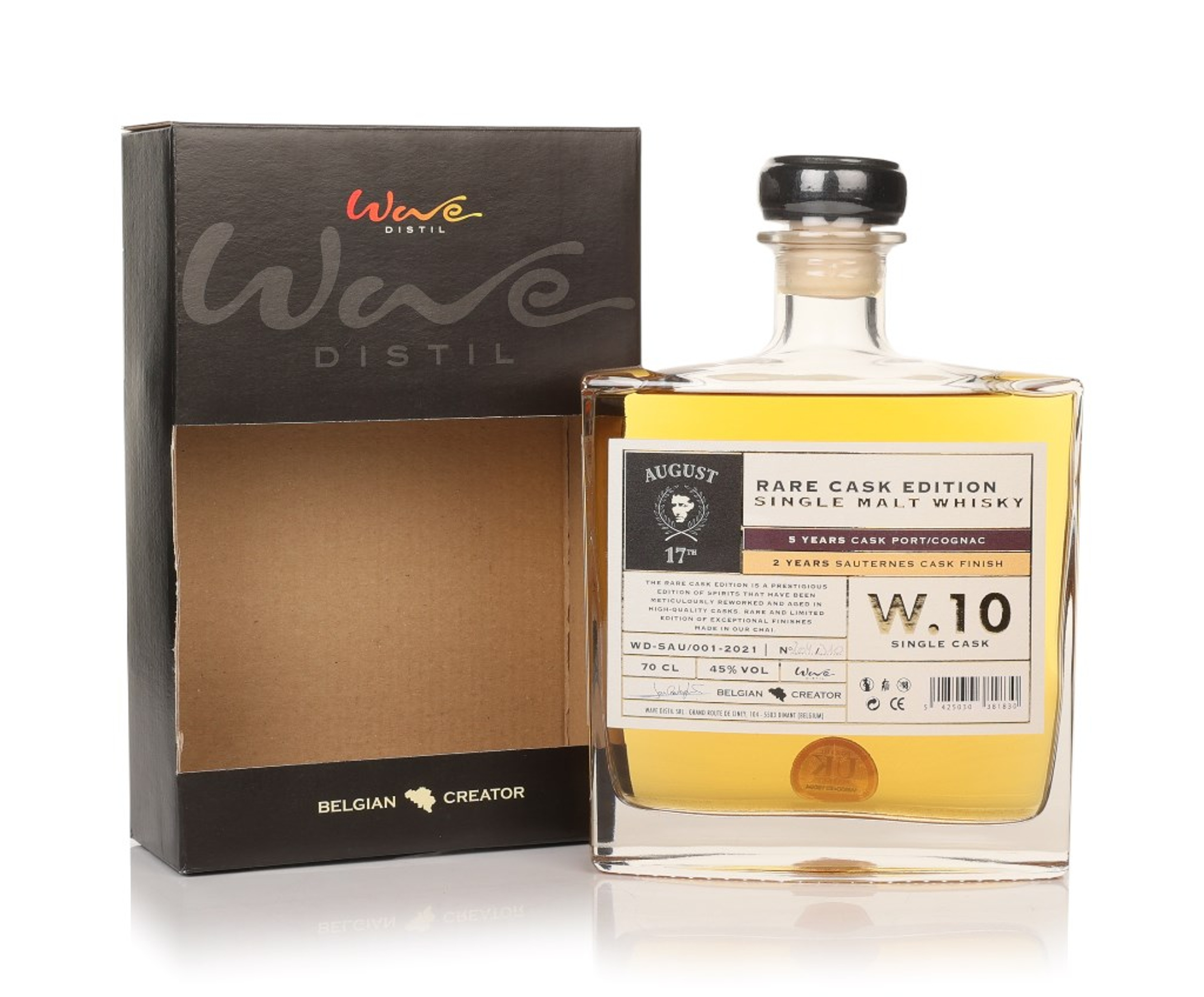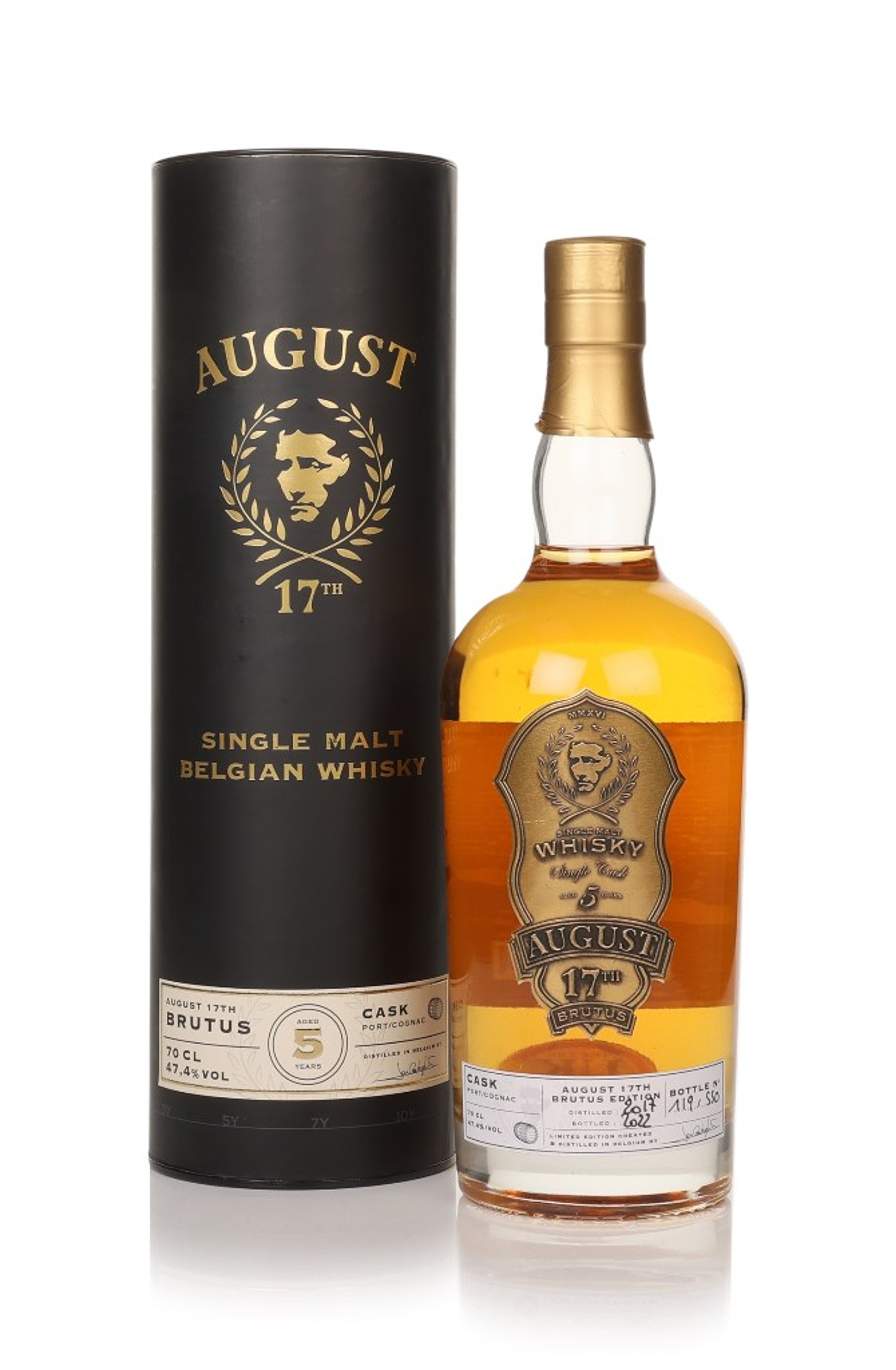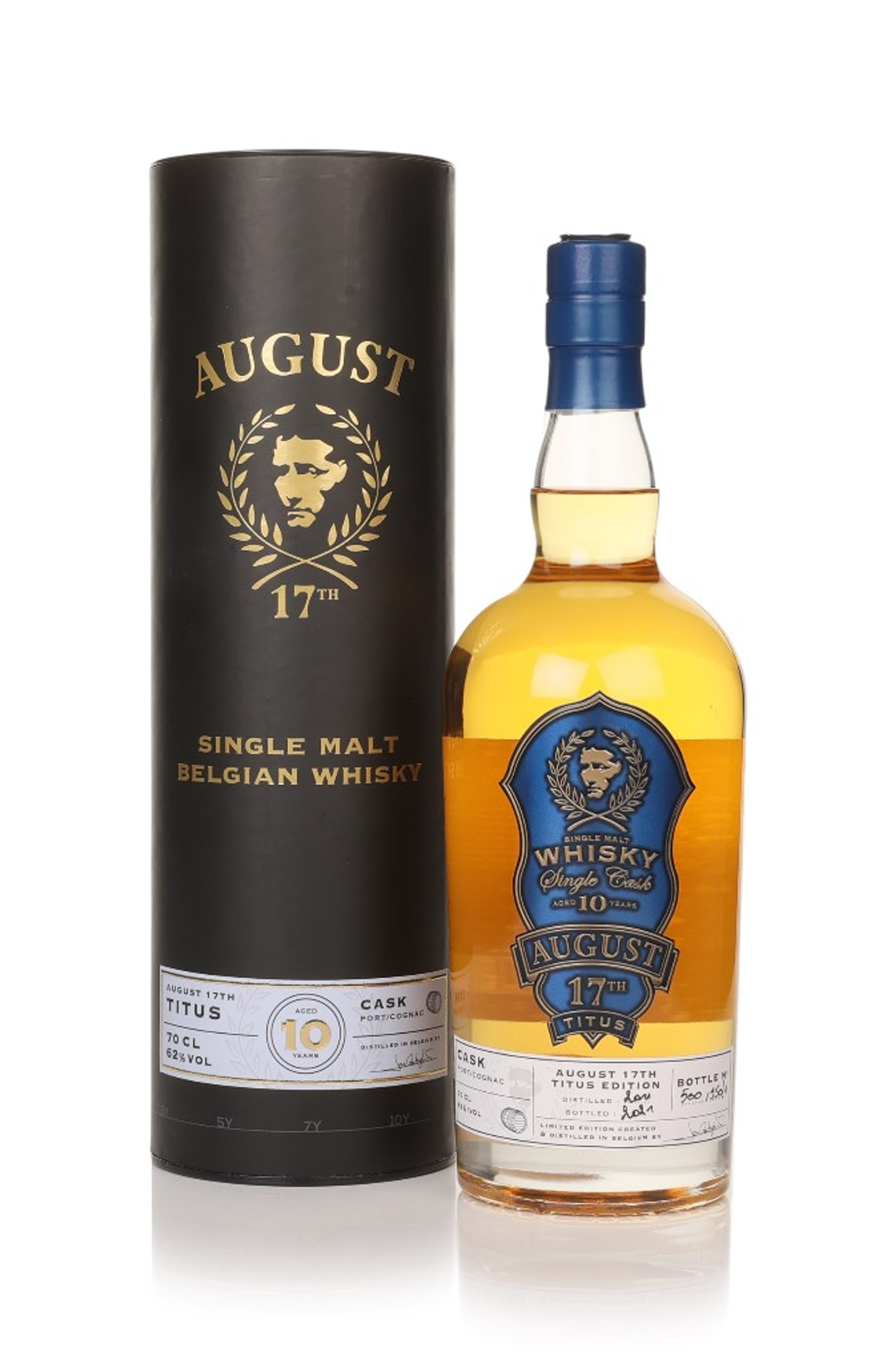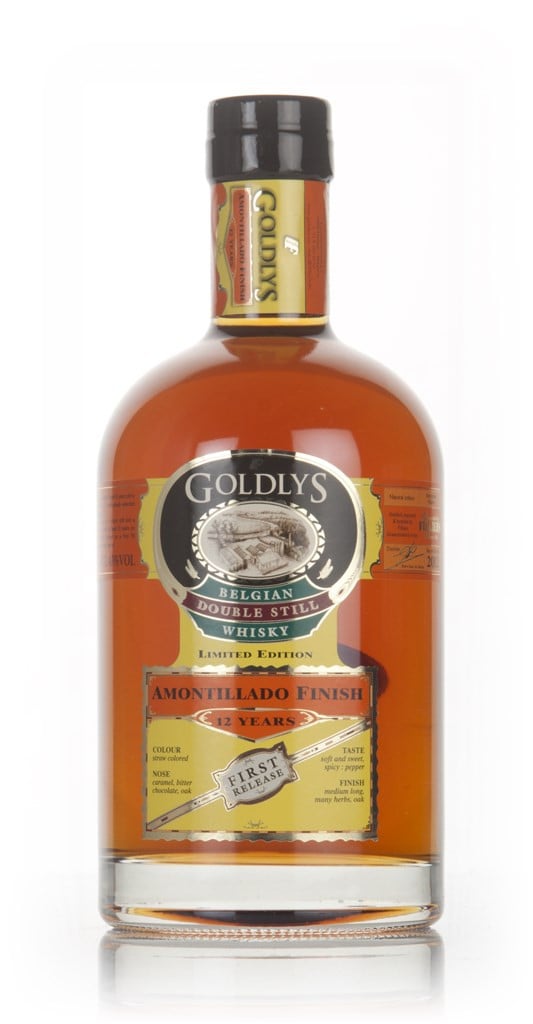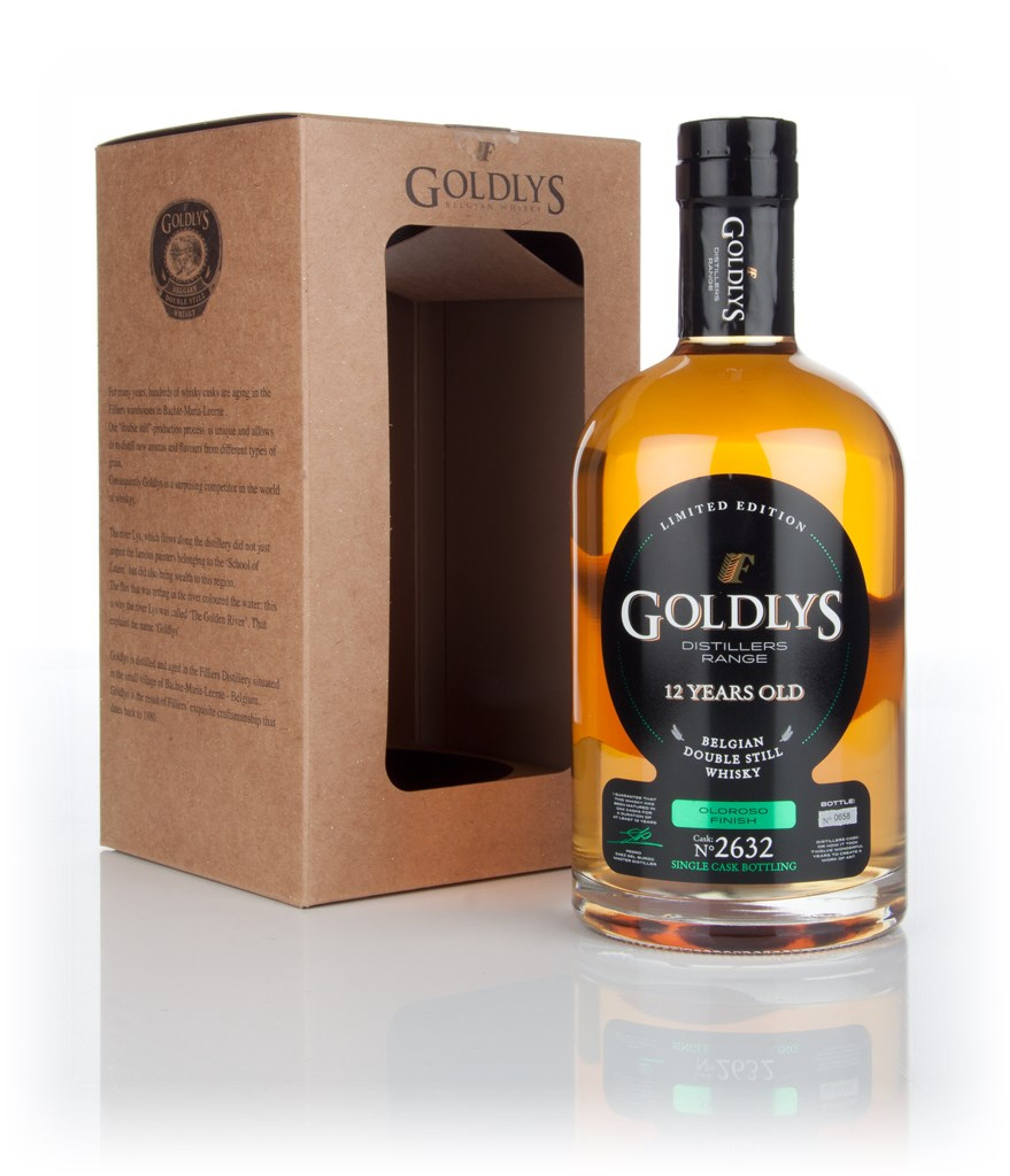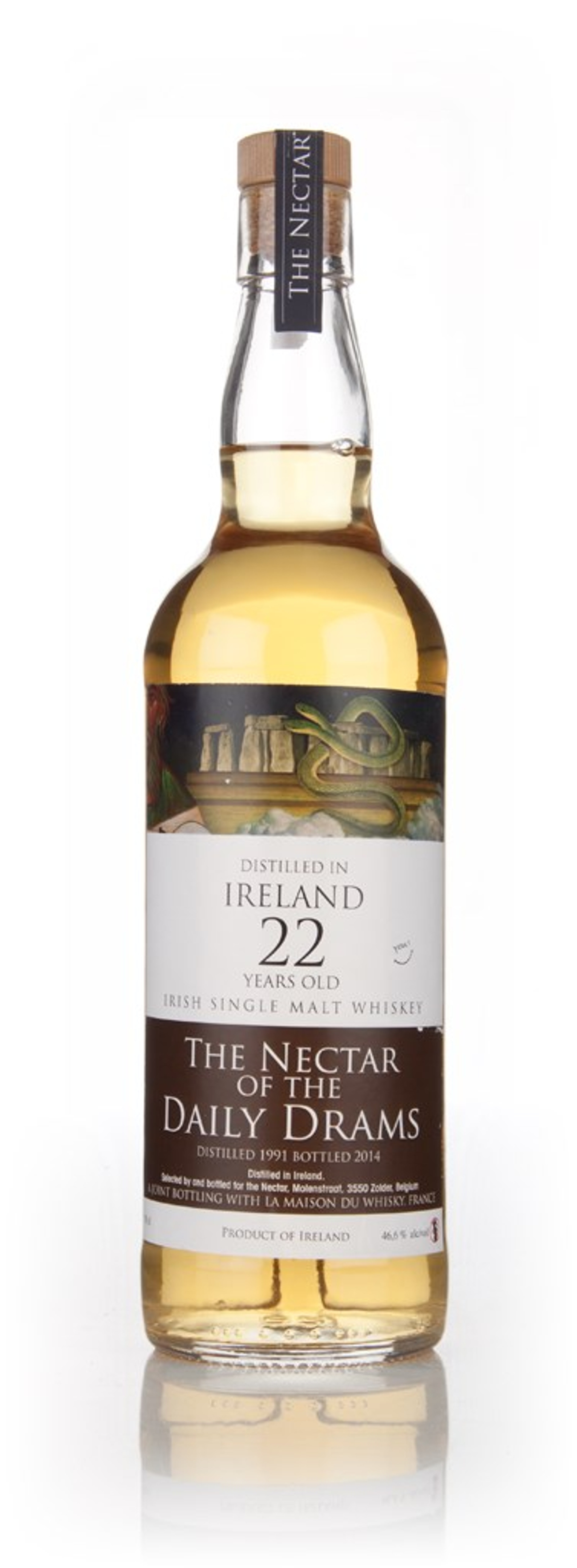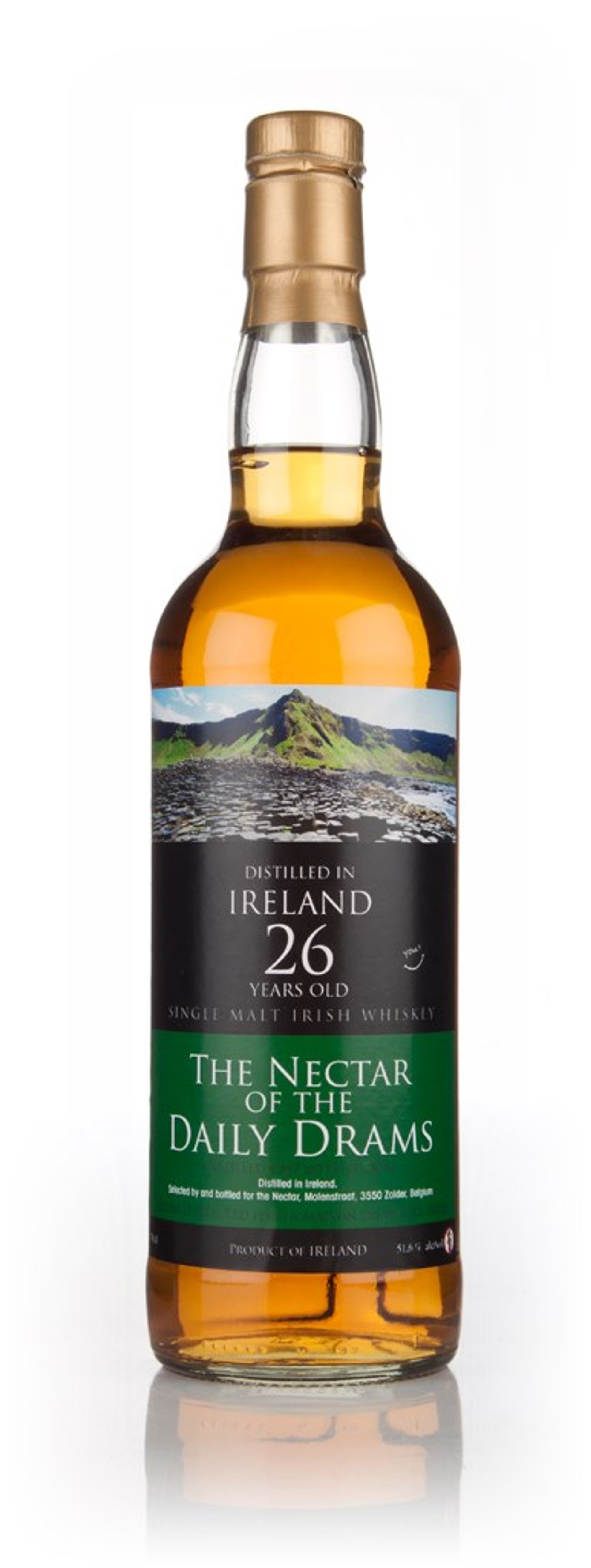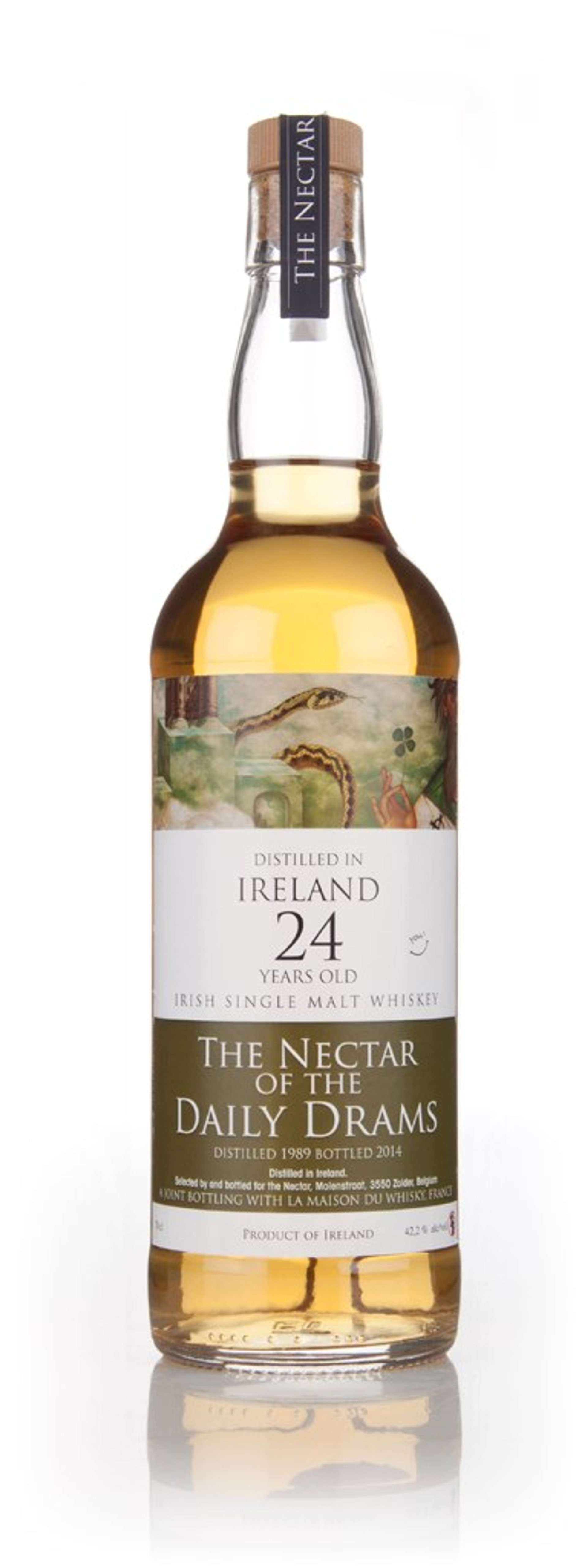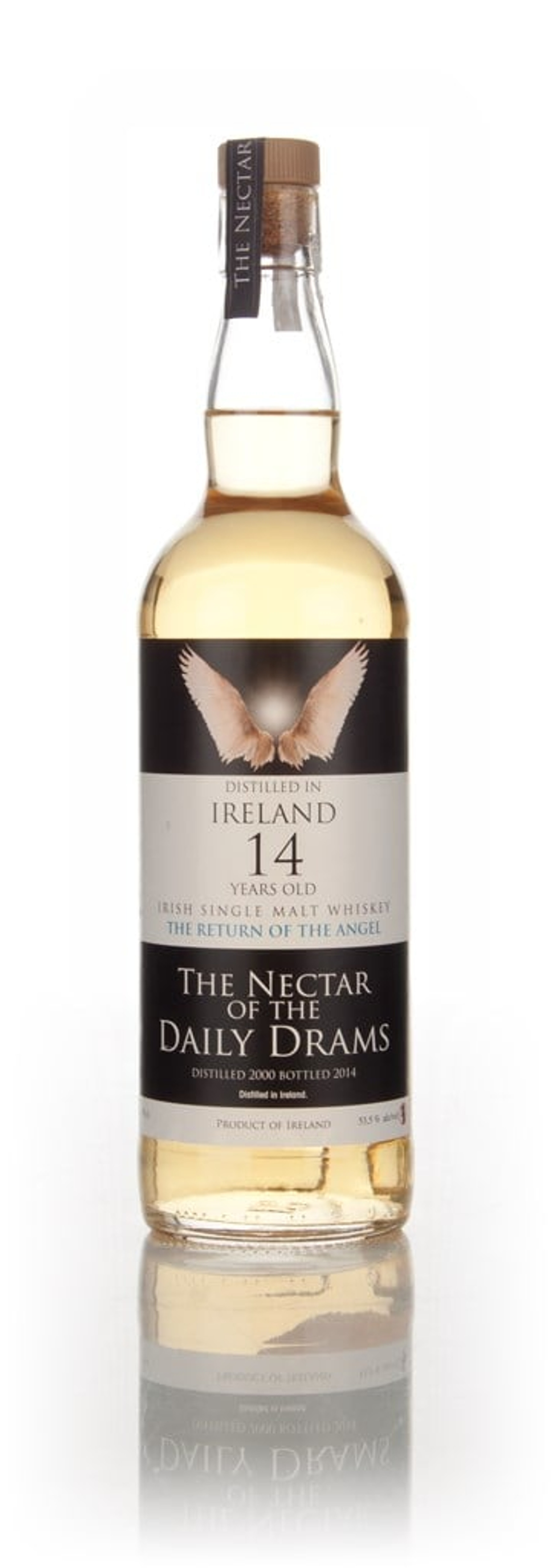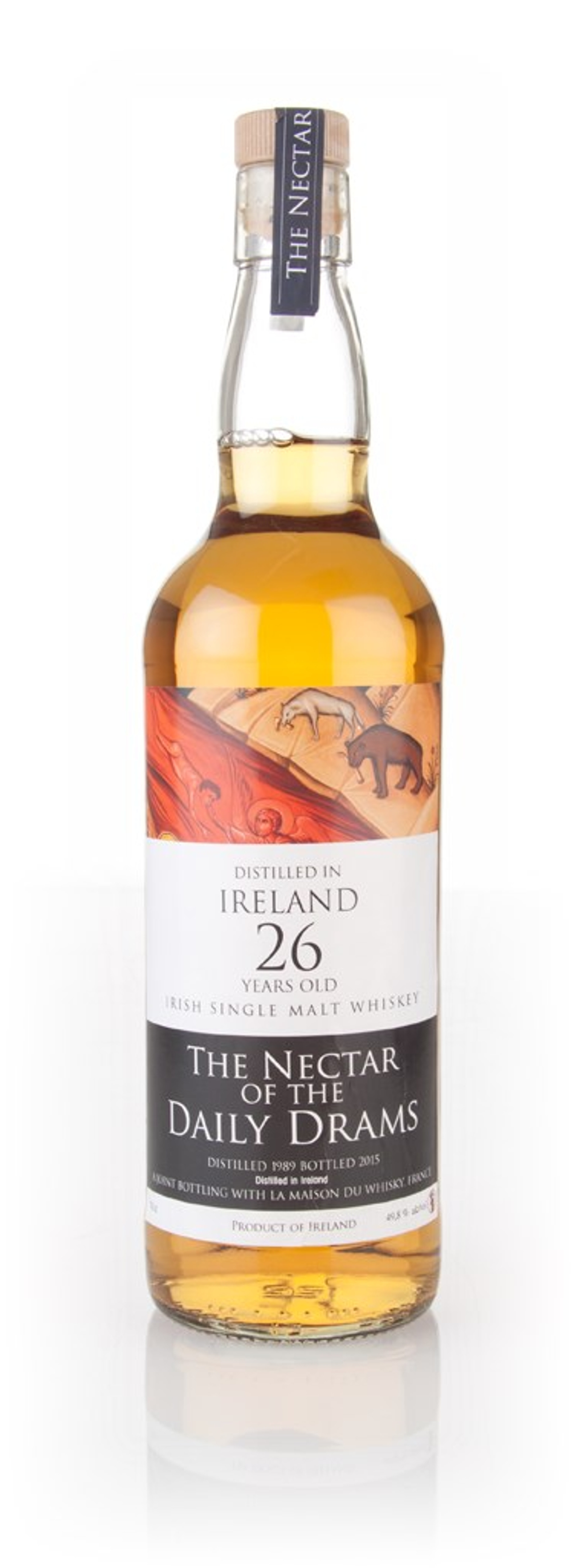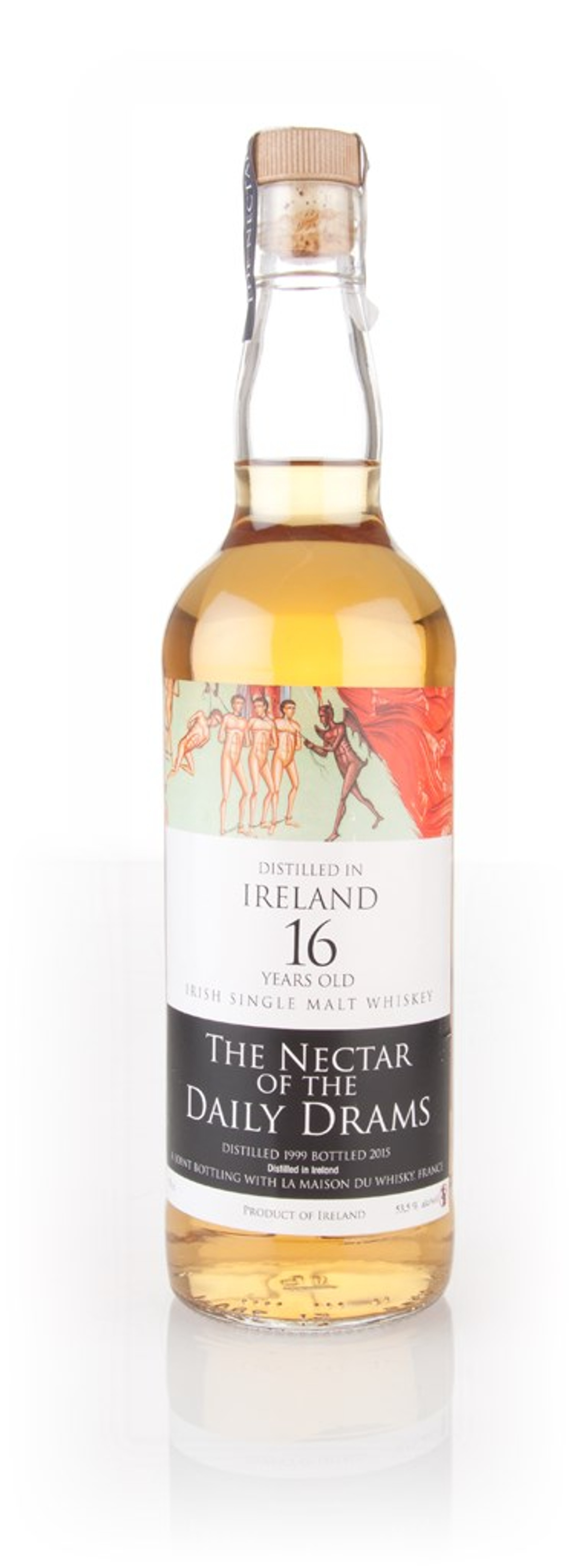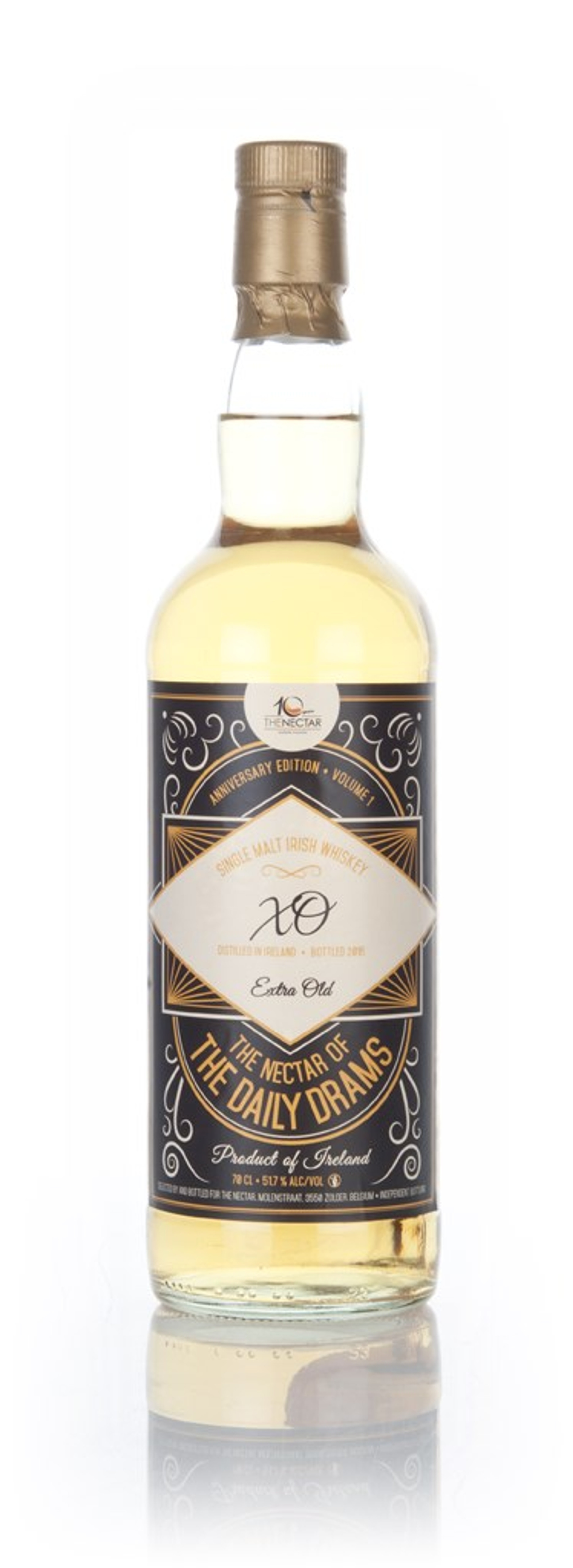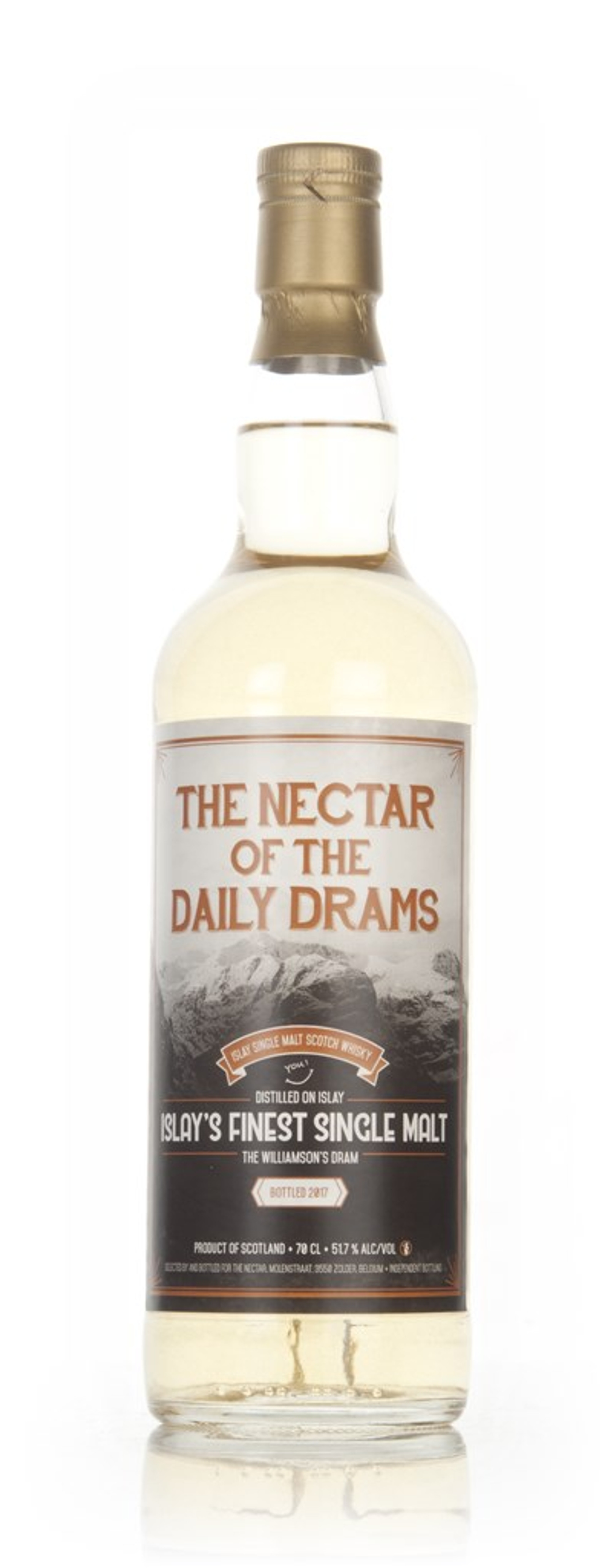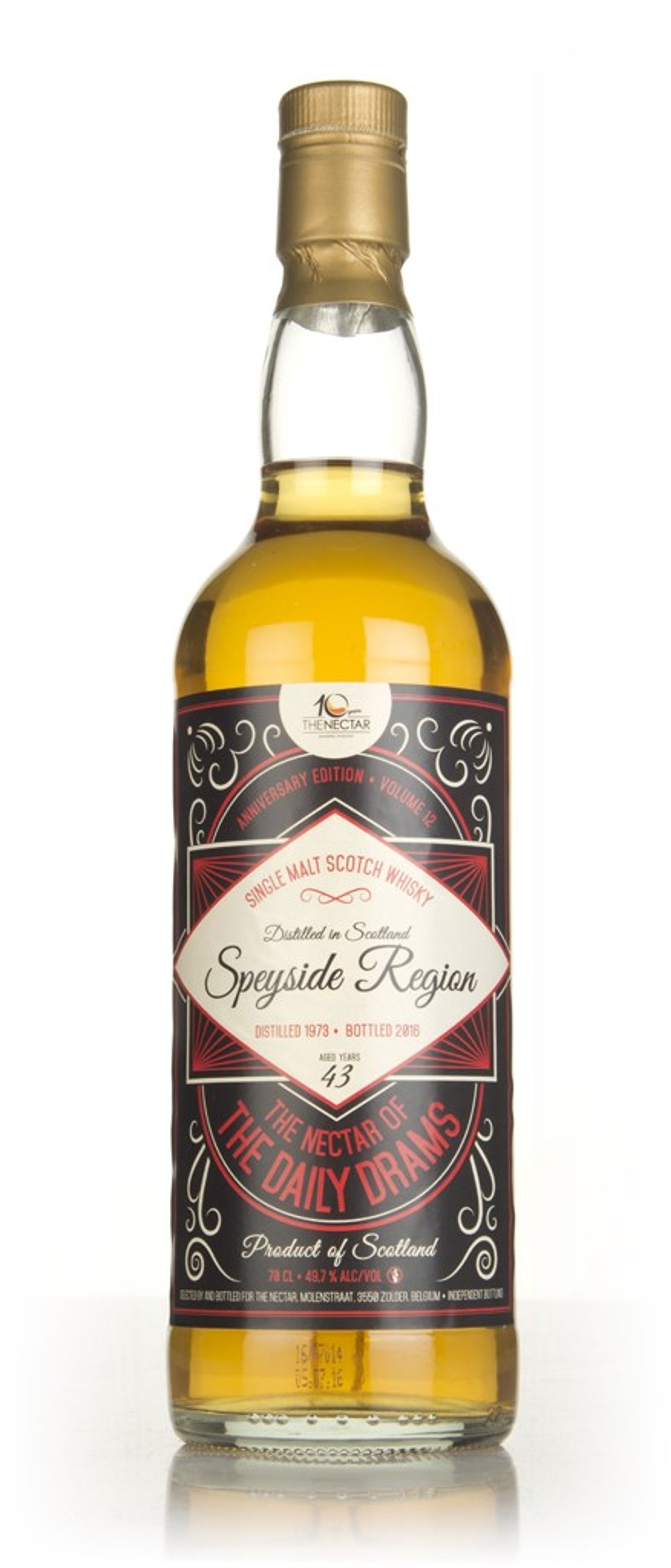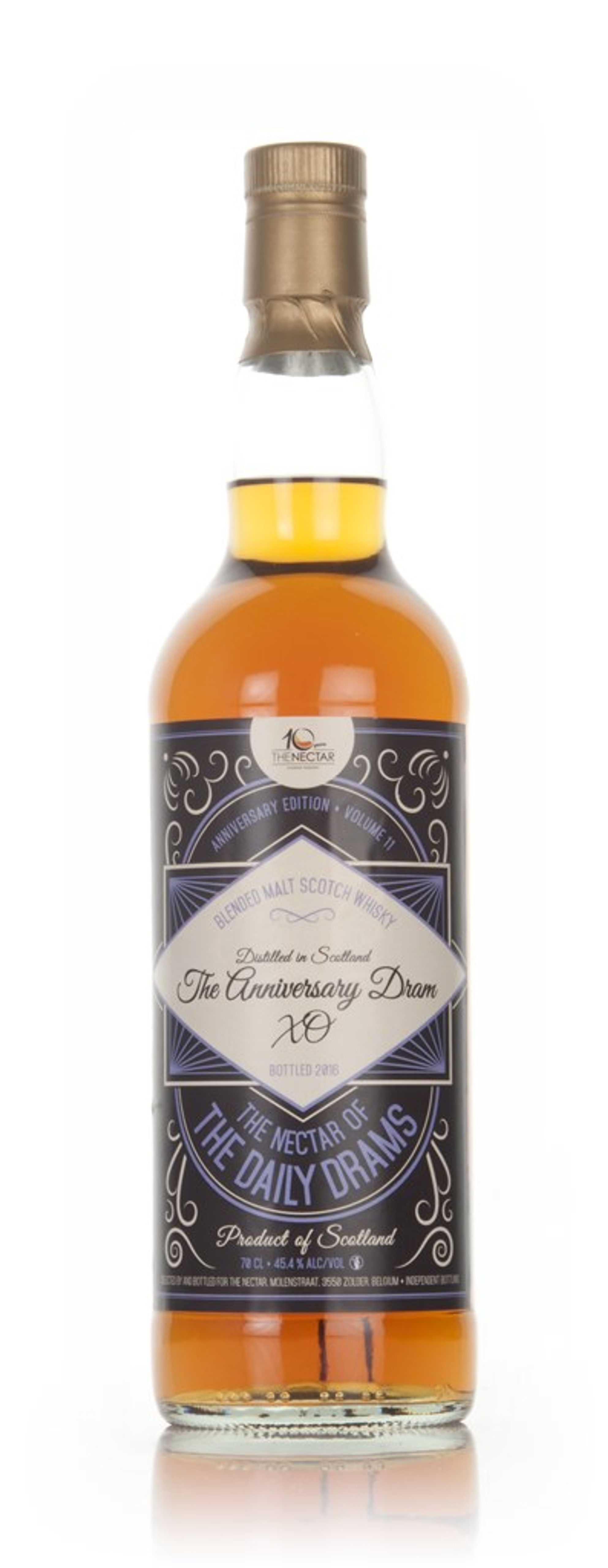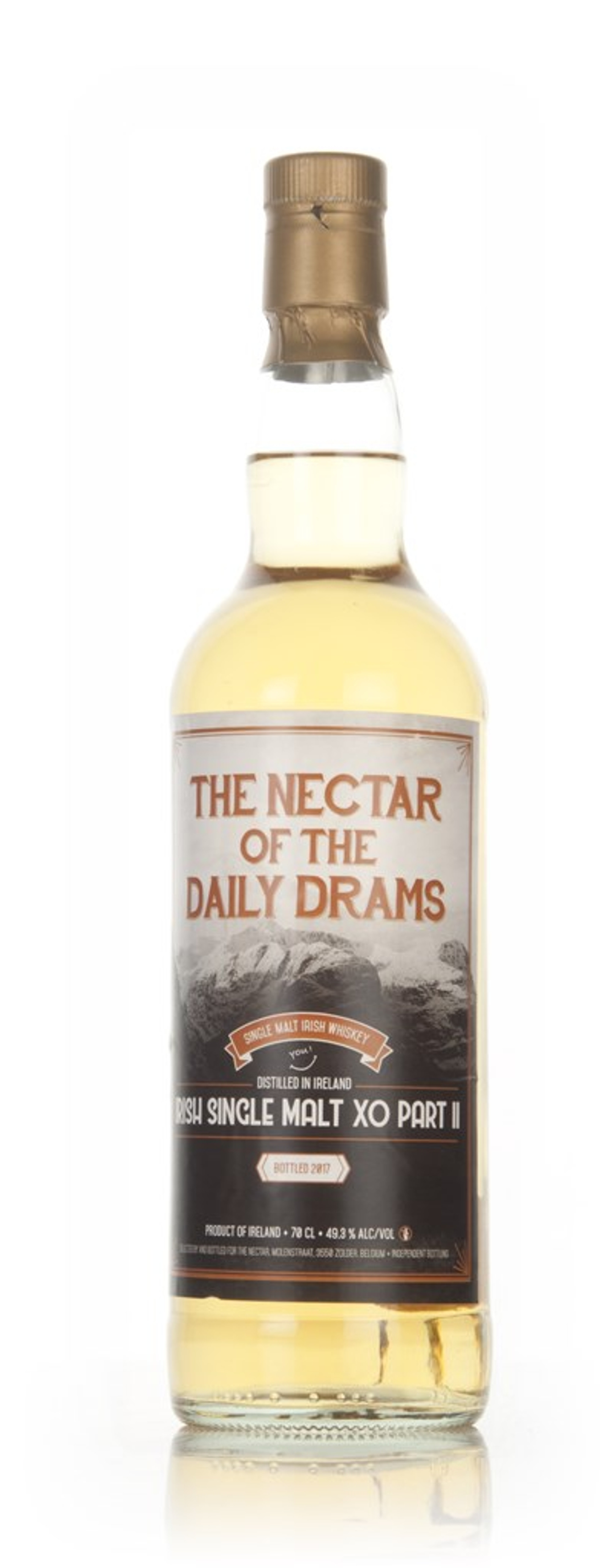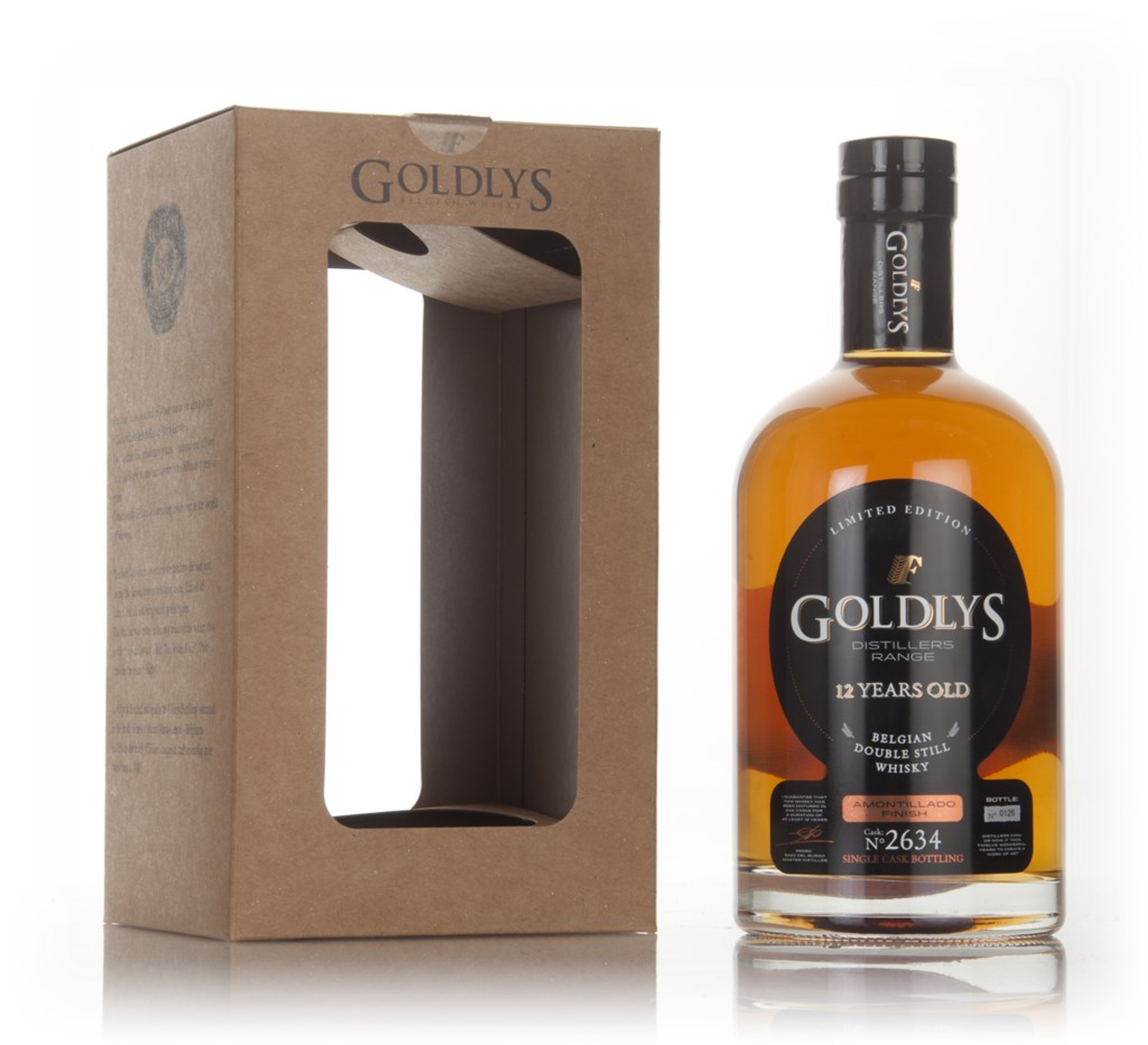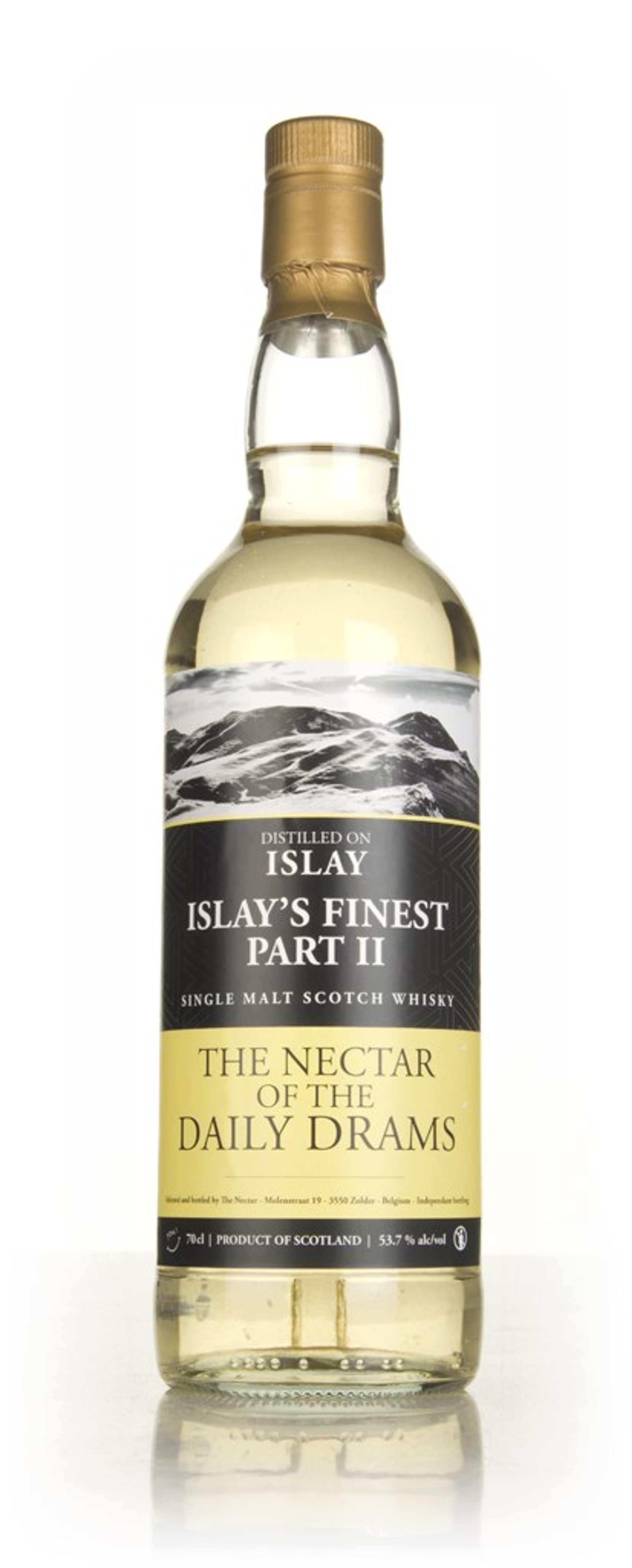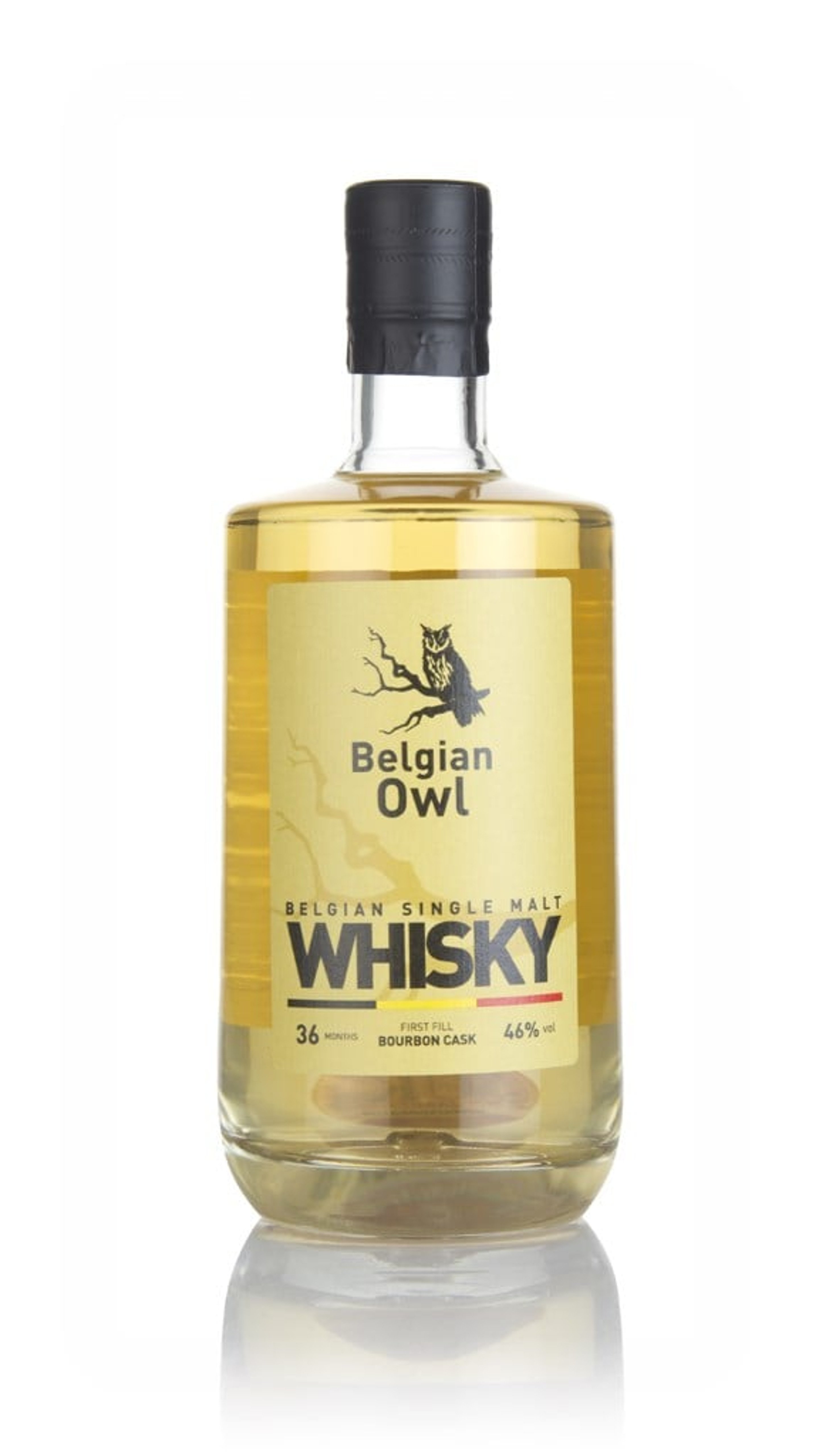
Belgian Whisky
Belgian whisky, though not as globally renowned as its Scottish, Irish, or American counterparts, is an emerging force in the world of distilled spirits, showcasing an impressive blend of traditional craftsmanship and innovative techniques. As a relatively new player in the whisky production game, Belgium's distillers are not burdened by long-standing traditions, allowing them the freedom to experiment and create unique expressions that are quickly gaining international recognition.
The history of Belgian whisky is quite young, with the first distilleries starting production in the late 20th and early 21st centuries. Unlike Scotland, which has laws that have governed whisky production for centuries, Belgium's distillers have been able to innovate with fewer restrictions, often employing local ingredients and experimenting with various ageing processes to develop their distinctive styles.
One of the cornerstones of Belgian whisky is its adherence to quality. Given the country's relatively small size and production scale, many Belgian distilleries adopt an artisanal approach. They often prioritise organic ingredients and use locally sourced grains, water from natural springs, and bespoke barrels for ageing, which contribute significantly to the flavour profiles of their whiskies.
The maturation process of Belgian whisky also differs from the norm; the country's variable climate allows for a more dynamic interaction between the wood and the spirit. Some distilleries have experimented with new oak barrels or barrels that previously held other beverages like local beer, wine, or even traditional Belgian Jenever. This not only imparts additional layers of flavour but also ties the spirit closely to its Belgian roots.
Belgian whiskies typically offer a range of flavour profiles, from the light and fruity to the dark and complex, with a distinct smoothness that makes them highly approachable for both novice and experienced whisky drinkers. The diversity in flavour is partly due to the variety of stills used in production, from traditional pot stills to column and hybrid stills, each lending its character to the final product.
The Belgian whisky scene is also characterised by its collaborative spirit. Distilleries often work closely with local breweries, a nod to Belgium's renowned beer culture, which influences many aspects of whisky production, including fermentation techniques and the selection of yeast strains. These collaborations have led to innovative whiskies that blur the lines between the worlds of beer and spirits.
One of the more prominent names in Belgian whisky is The Owl Distillery, which produces 'The Belgian Owl,' a single malt whisky that has received international acclaim. It exemplifies the Belgian approach to whisky-making, with its focus on local ingredients, including Belgian-grown barley and water from the nearby natural springs.
Another notable Belgian whisky comes from the Gouden Carolus distillery, which began as a brewery and later expanded into distilling. Their whisky is often aged in barrels that have held their award-winning beers, giving it a distinctive flavour that resonates with both whisky and beer enthusiasts.
Belgium’s commitment to quality extends to the presentation of its whiskies. Bottles are often designed with a nod to Belgian culture, featuring clean lines, elegant labels, and often a wax seal, reflecting the premium nature of the spirit within.
While the volume of production remains relatively small, Belgian whisky has started to make waves in international competitions, earning awards and recognition that stand testament to its quality and craftsmanship. This success has led to a greater interest in Belgian spirits worldwide, with connoisseurs eager to explore its unique offerings.
Belgian distillers are also deeply committed to sustainability, often employing eco-friendly practices in their production processes. This includes using energy from renewable sources, recycling waste products, and ensuring that the impact on the environment is minimised. This ethos resonates with a global consumer base that is increasingly conscious of the environmental footprint of the products they consume.
The history of Belgian whisky is quite young, with the first distilleries starting production in the late 20th and early 21st centuries. Unlike Scotland, which has laws that have governed whisky production for centuries, Belgium's distillers have been able to innovate with fewer restrictions, often employing local ingredients and experimenting with various ageing processes to develop their distinctive styles.
One of the cornerstones of Belgian whisky is its adherence to quality. Given the country's relatively small size and production scale, many Belgian distilleries adopt an artisanal approach. They often prioritise organic ingredients and use locally sourced grains, water from natural springs, and bespoke barrels for ageing, which contribute significantly to the flavour profiles of their whiskies.
The maturation process of Belgian whisky also differs from the norm; the country's variable climate allows for a more dynamic interaction between the wood and the spirit. Some distilleries have experimented with new oak barrels or barrels that previously held other beverages like local beer, wine, or even traditional Belgian Jenever. This not only imparts additional layers of flavour but also ties the spirit closely to its Belgian roots.
Belgian whiskies typically offer a range of flavour profiles, from the light and fruity to the dark and complex, with a distinct smoothness that makes them highly approachable for both novice and experienced whisky drinkers. The diversity in flavour is partly due to the variety of stills used in production, from traditional pot stills to column and hybrid stills, each lending its character to the final product.
The Belgian whisky scene is also characterised by its collaborative spirit. Distilleries often work closely with local breweries, a nod to Belgium's renowned beer culture, which influences many aspects of whisky production, including fermentation techniques and the selection of yeast strains. These collaborations have led to innovative whiskies that blur the lines between the worlds of beer and spirits.
One of the more prominent names in Belgian whisky is The Owl Distillery, which produces 'The Belgian Owl,' a single malt whisky that has received international acclaim. It exemplifies the Belgian approach to whisky-making, with its focus on local ingredients, including Belgian-grown barley and water from the nearby natural springs.
Another notable Belgian whisky comes from the Gouden Carolus distillery, which began as a brewery and later expanded into distilling. Their whisky is often aged in barrels that have held their award-winning beers, giving it a distinctive flavour that resonates with both whisky and beer enthusiasts.
Belgium’s commitment to quality extends to the presentation of its whiskies. Bottles are often designed with a nod to Belgian culture, featuring clean lines, elegant labels, and often a wax seal, reflecting the premium nature of the spirit within.
While the volume of production remains relatively small, Belgian whisky has started to make waves in international competitions, earning awards and recognition that stand testament to its quality and craftsmanship. This success has led to a greater interest in Belgian spirits worldwide, with connoisseurs eager to explore its unique offerings.
Belgian distillers are also deeply committed to sustainability, often employing eco-friendly practices in their production processes. This includes using energy from renewable sources, recycling waste products, and ensuring that the impact on the environment is minimised. This ethos resonates with a global consumer base that is increasingly conscious of the environmental footprint of the products they consume.
Price
Advanced Search
Age in years
All
Bottling year
All
Vintage
All
Alcohol by volume
All
Categories
Distilleries & brands
Style
User rating
Bottle size
Countries
